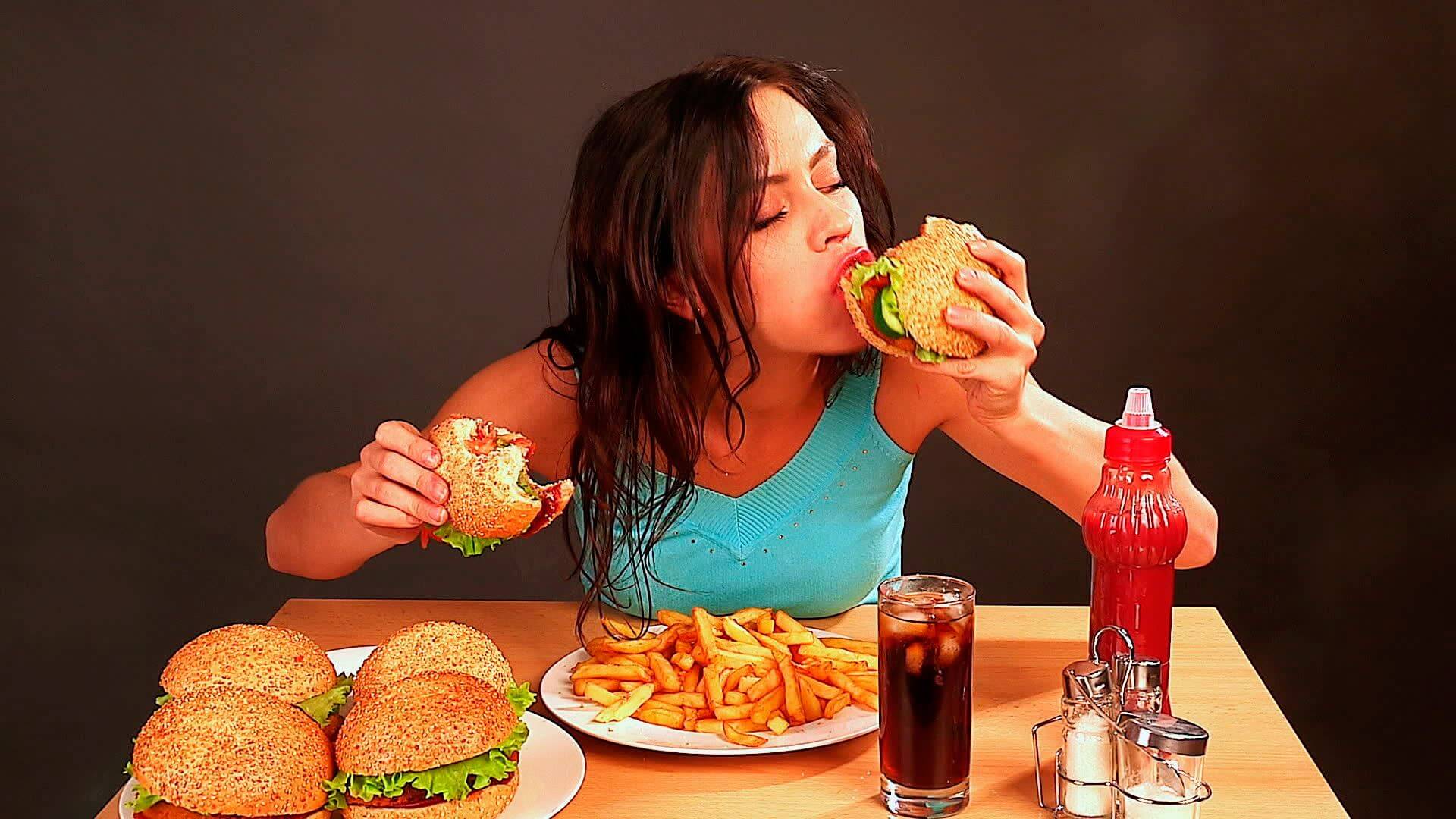Healthy Diet and Weight Loss
If you find yourself saying “I do regular sports, I’m on a regular diet but I can’t reach the weight I want.” Maybe the answer you’re looking for is not in sports or in diet.
Some of you may think that healthy eating and weight loss have nothing to do with psychotherapy.
It’s understandable that there should be some confusion so let me explain…
For the last 3 years, I have been consulting women who speak Turkish and English as a psychotherapist at FemSüd Women’s Health Center within Kaiser Franz Josef Hospital Vienna. Apart from this, I am organizing “rundum gsund” courses for a healthy diet and weight loss project, with the support of WGKK for the benefit of Turkish women. A course lasts 8 months and so far I have organized 5 courses.
When I work with women who want to lose weight, I put emphasis on the topic of:
Emotional eating, how it can sabotage weight-loss efforts, and how to spot the difference between it and physical hunger.

Do you start your diet then find yourself suddenly hungry half an hour after you’ve had your meal? If your answer is yes, then you may be suffering from “emotional hunger”.
There is a strong relationship between food and our emotional world. Most of the time, instead of dealing with our feelings, eating seems to us a more relaxing solution.
We divide the feeling of hunger into two parts: physical and emotional. Our body needs energy in order to survive and to function throughout the day. We take this energy from the food we eat. In the case of physical starvation, our stomach sends signals 2-4 hours after the last meal we ate. E.g. At this time our stomach starts rumbling. However, these signals are controllable signals. For example, if the signal comes while you are working, when you say to your stomach “I’ll stop working in another half-hour and eat” your stomach will be patient and will wait.
However, the situation in emotional eating is the exact opposite.

How can we understand our emotional eating?
Emotional eating is an unhealthy cycle of trying to fill an emotional need with food. Eating might bring you a good feeling in the immediate moment, but the feelings that triggered it remain.
Now I’m going to give you a few tips to understand the difference between emotional eating and physical hunger and to observe yourself.
1 – Emotional eating feels like a sudden attack. All of a sudden you need to eat food.
2- When you are feeling emotional starvation, you have a certain food you go to, like chocolate, cheese, and pasta.
3- You will search for the taste of that food in your mouth and think about that food.
4 – Emotional eating is insistent, it demands that you should find the food you want to eat immediately at that moment.
5- When you have emotional eating, you eat without thinking. Any food in front of you no matter what is just eaten until there’s no more left
6- There is no sense of satiety in emotional hunger. You do not understand that you’re saturated.
7 If you are eating for emotional eating, then you will feel guilty. However, in physical hunger, you will not feel guilty explicitly after eating.
Causes of emotional eating?
The five most common emotional triggers are:
- Stress and tension
- Loneliness
- Anger
- Menstrual period
- Unhappiness and depression
When unpleasant emotions, situations, or memories come to our mind, and we don’t allow ourselves to react to them or are not able to, we give ourselves over to eating in order to control the disturbing situation.
Have you ever asked yourself? “When I feel bad, why do I want to eat chocolate instead Broccoli?”
When we feel the unpleasant emotions mentioned above, and in order to suppress our emotional turbulence, we seek to consume the food or desserts that will make us feel good and give us warmth.
For healthy eating and weight control, you should be able to recognize your emotional needs and emotional world as well as why you want to eat at that moment although you are not hungry. Whenever you connect with your emotions, those weights that you do not want will be lost one by one. Psychotherapy will help you to recognize your emotional world and your needs.

